

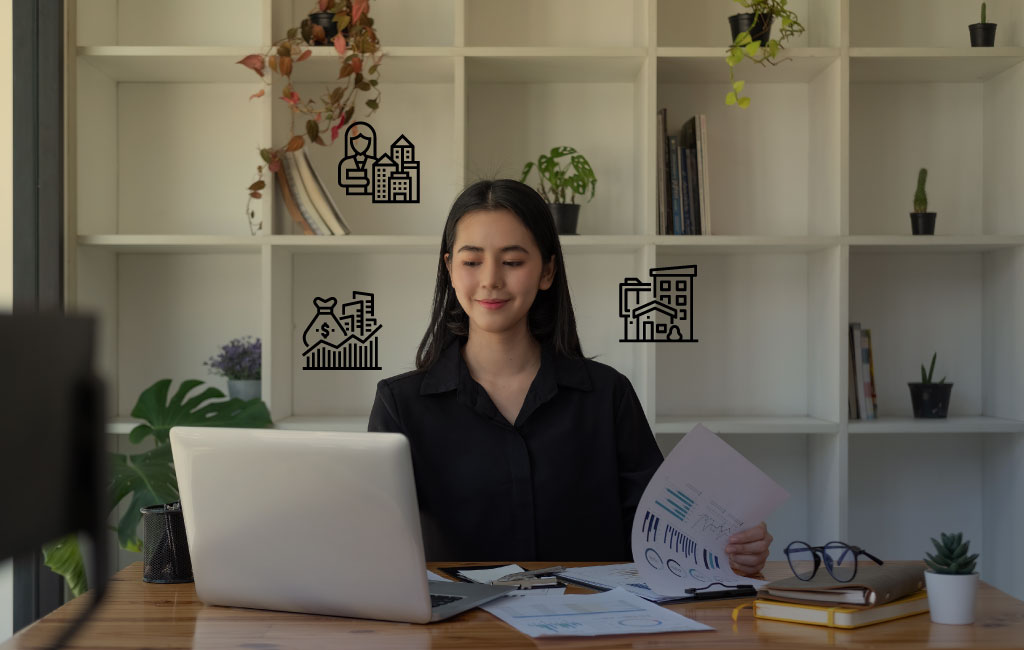
If you are a landlord with one or more rental properties, you know that it can be a lot of work to manage them all by yourself. Between meeting with tenants, collecting rent, scheduling repairs, and filing taxes correctly, there is a lot to keep track of. In this blog post, we will outline 10 tips that will guide you on how to manage a rental property by yourself.
It is essential that you know your rights and responsibilities as a landlord, as well as what you can and cannot do in terms of repairs, evicting tenants and so on. You can find this information online or by contacting your local city or county government office.
It is helpful to know your tenants – their names, what they do for a living, and whether or not they have any pets. Tenant screening and due diligence is not only important for your protection, but it will also help to ensure that your tenants know what is expected of them. This way, you can be sure that you are renting to responsible tenants who will take good care of your property.
Meeting the tenants is a great way to set the tone for your relationship and ensure that everyone is on the same page in terms of what is expected. Be sure to go over things like rent amount and due date, late fees, quiet hours, visitors, parking, and any other house rules that you have.
This will help you stay organized and on top of things so that you do not accidentally forget to collect rent or charge a late fee. You can use a physical calendar or create a spreadsheet with all of the relevant information. It is important that you know how to go about property management accounting to avoid any financial mismatch.
This is important for two reasons: first, so that you can keep track of what you own in case anything goes missing or gets damaged; and second, so that you can provide your tenants with a detailed list of what is included in their rental unit.
Maintenance inspections will help you identify and fix any problems before they become major issues. Be sure to include things like checking the HVAC system, plumbing, and electrical systems. Landlords often ignore this step and only remember to do it when there's already a problem, but it is much more cost effective to be proactive.
The terms of this rental agreement should be clear and concise so that both parties know what is expected of them. This includes the rent amount, due date, length of the lease, pet policy, etc. Having a written lease agreement will protect both you and your tenants in case of any disputes.
There may be occasions when you have to deal with challenging situations, such as a tenant who has not been paying rent on time or causing damage to the property. It is important to remain calm and professional in these situations so that you can resolve them in a way that is fair for everyone involved.
In some cases, it may be necessary to evict a tenant who is not following the rules or is causing damage to the property. This is a last resort option, but it is important to know how to do it correctly so that you do not get into any legal trouble.
Be sure to keep track of all income and expenses related to your rental properties, as this will help you when it comes time to file your taxes. You may also be eligible for certain tax deductions, so it is worth doing some research to see what you can claim.
By following these tips, you be well on your way to successfully managing your rental property by yourself. Just remember to stay organized, communicate with your tenants, and make sure you know how to do property management accounting so that you can deal with any issues that may arise.
Do you have any other tips on how to manage rental property? Share them in the comments below or you can also try our property management software.
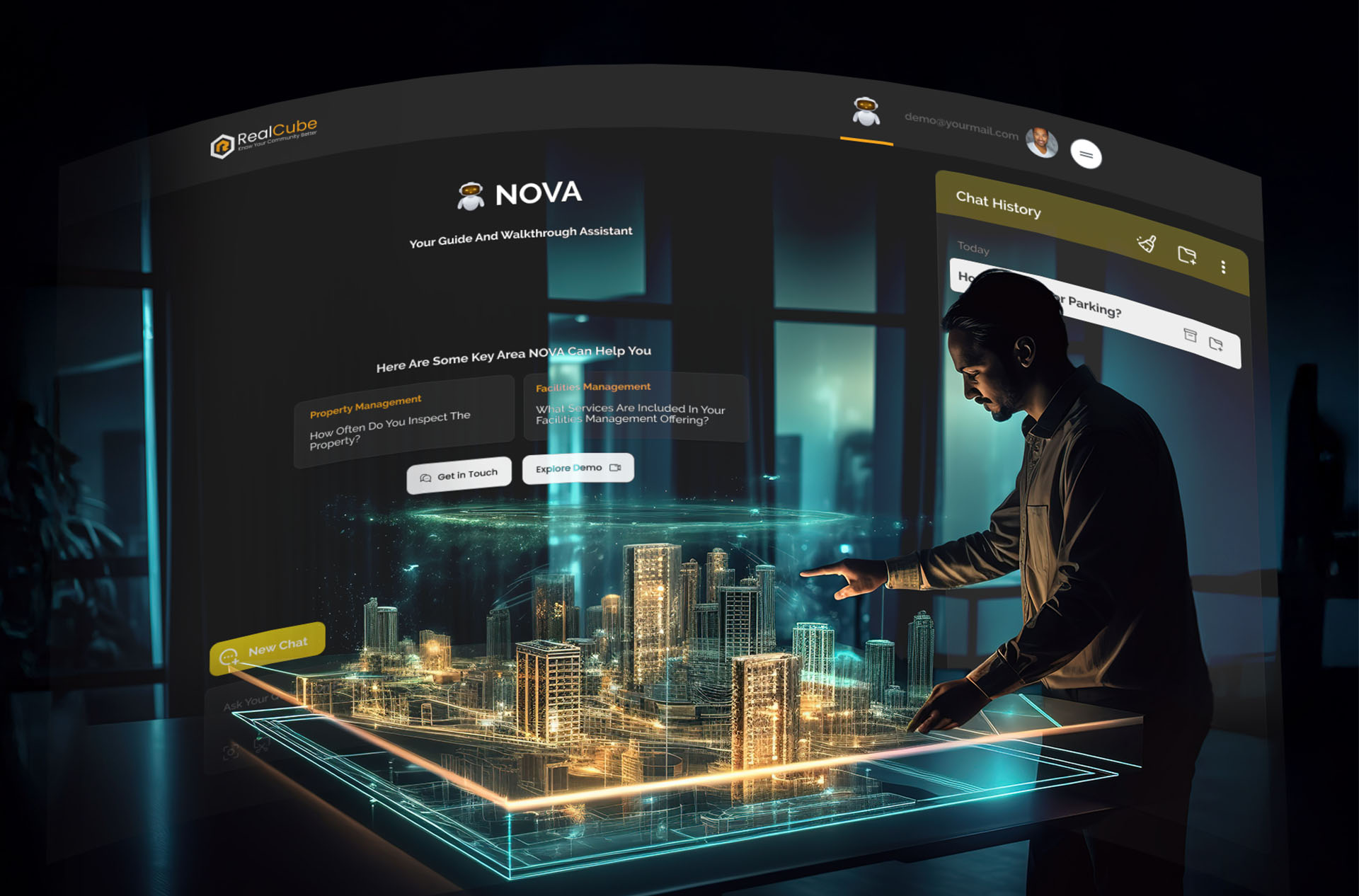
The Digital Shift in Real Estate Strategy The real estate industry is undergoing a profound shift. Traditional…
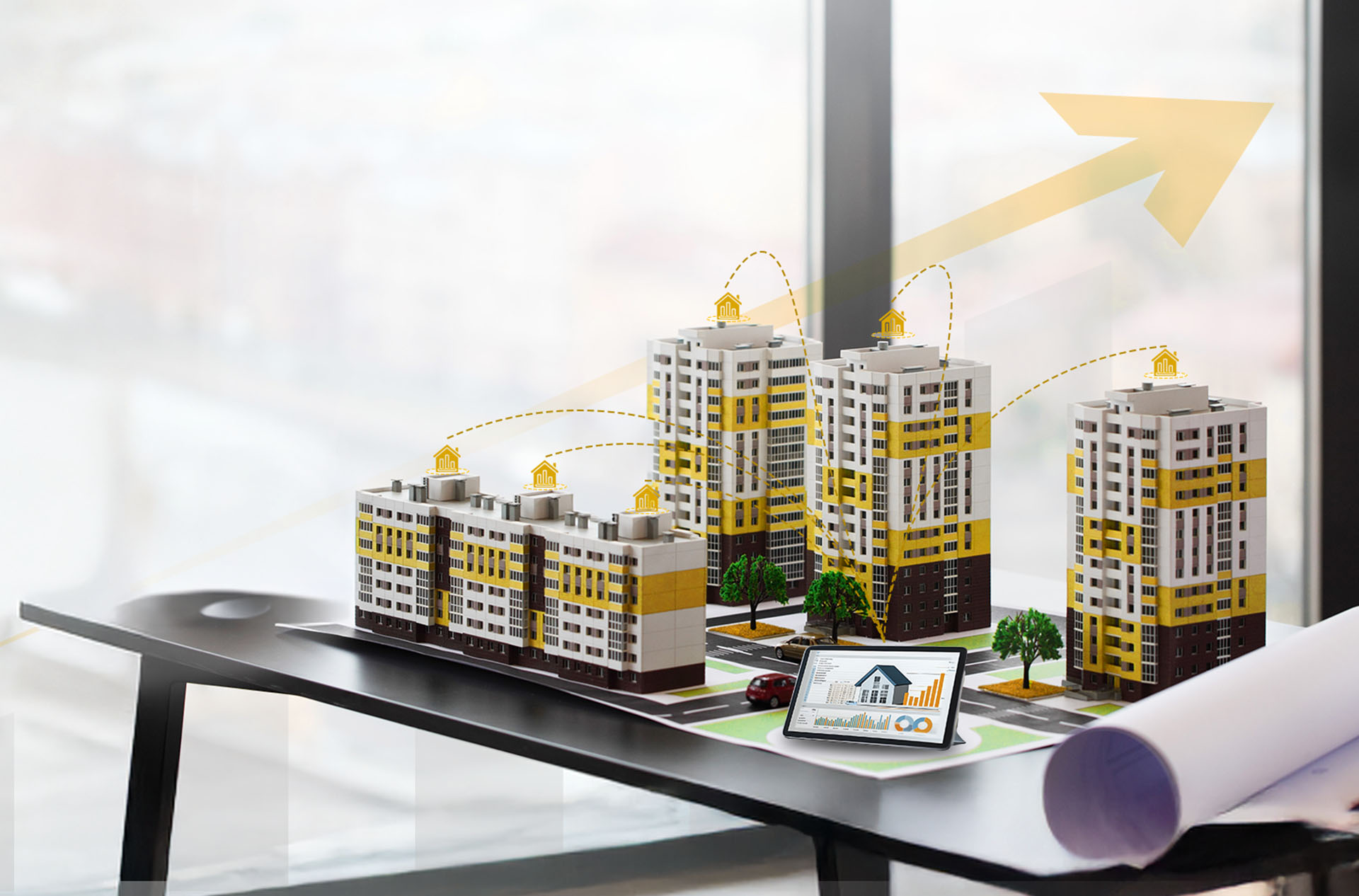
As property management companies expand into new regions, scaling operations while maintaining efficiency…

Top 2025 Property Tech Trends to Watch 1. Artificial Intelligence (AI) and Machine…
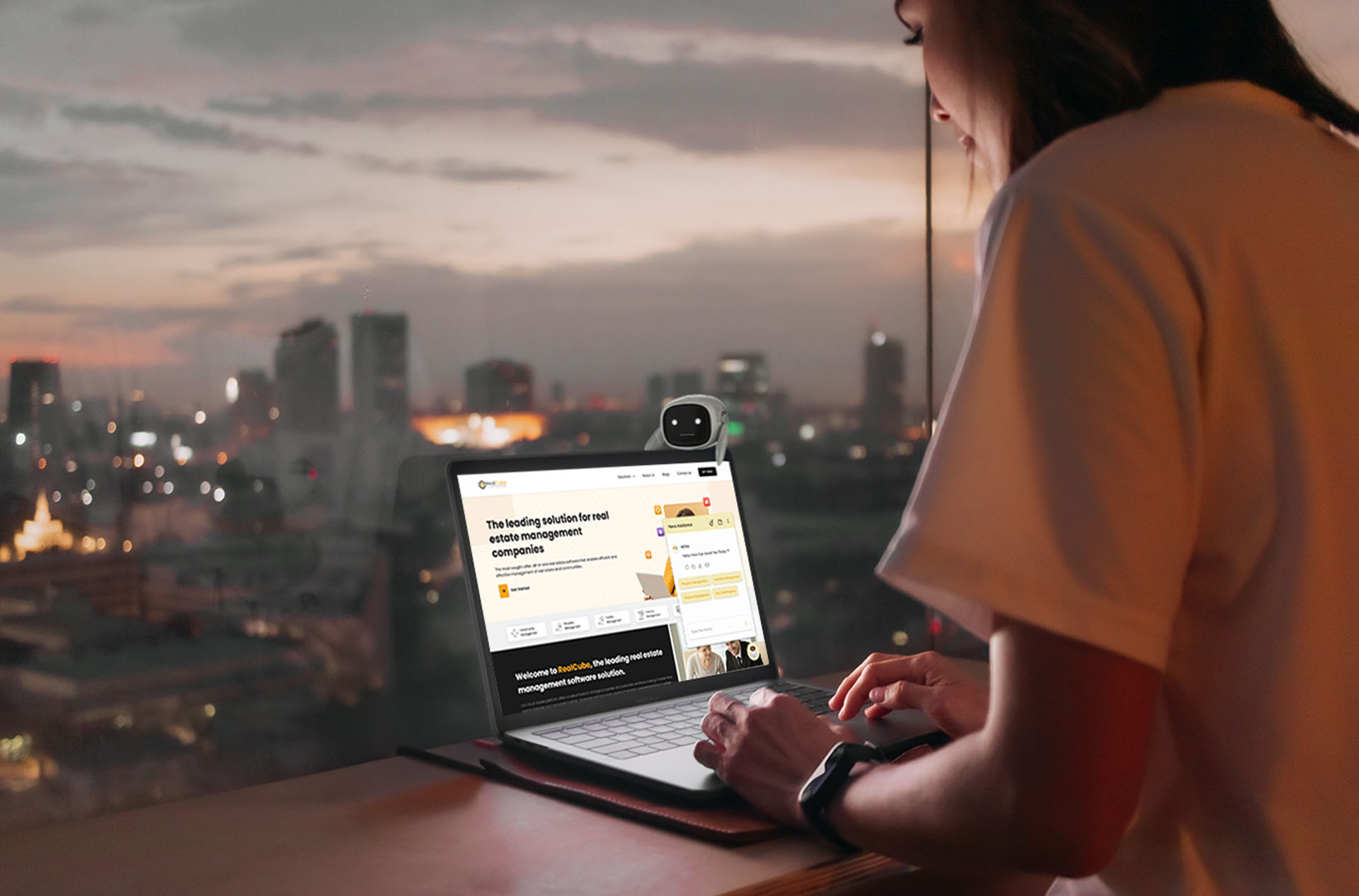
The world of real estate is undergoing a massive transformation, driven by the rise of artificial intelligence…

As cities around the world grow and change to meet new challenges, the "smart city" trend has changed…
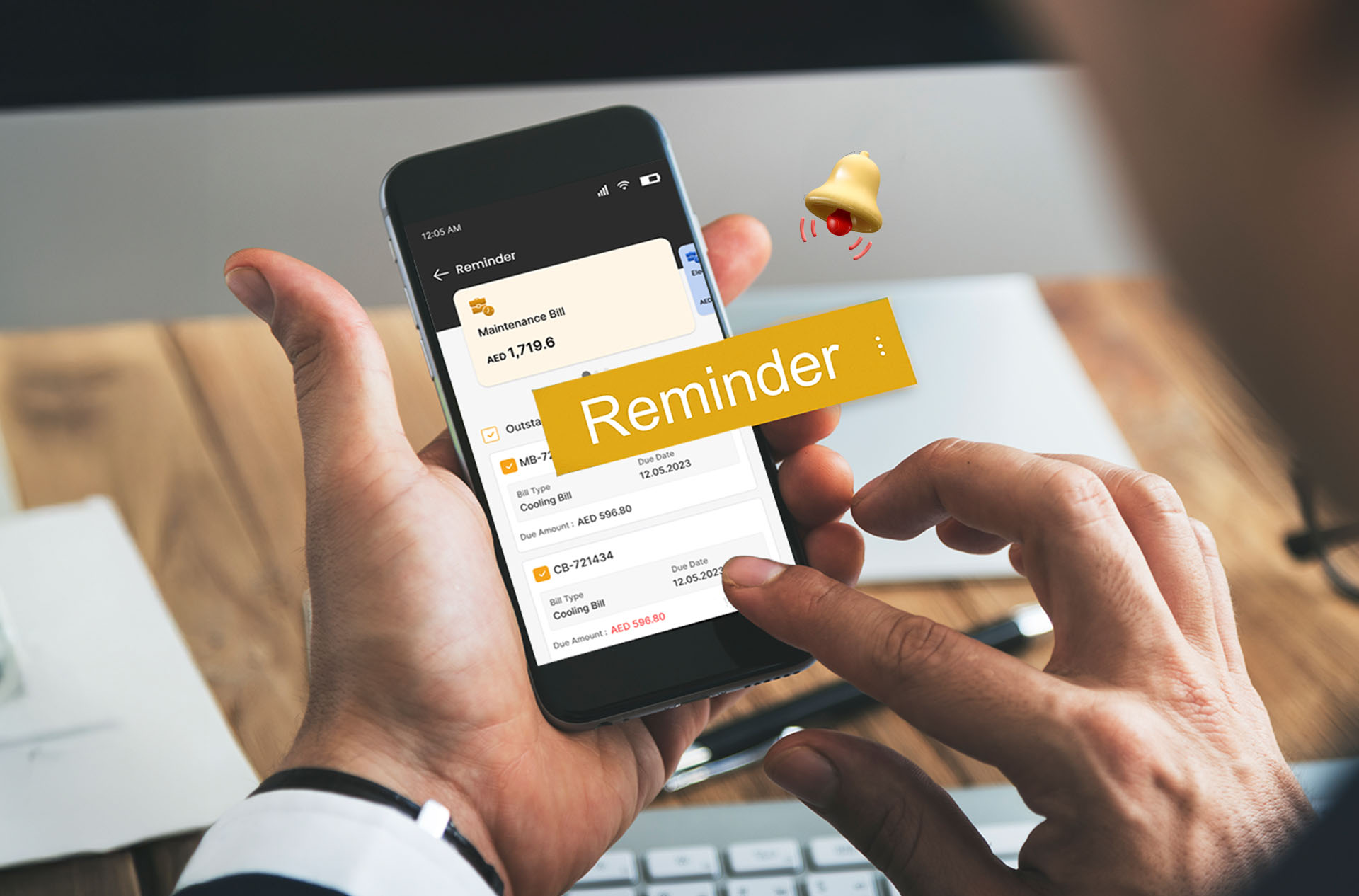
In the property management and real estate development space, one overlooked permit, expired document,…
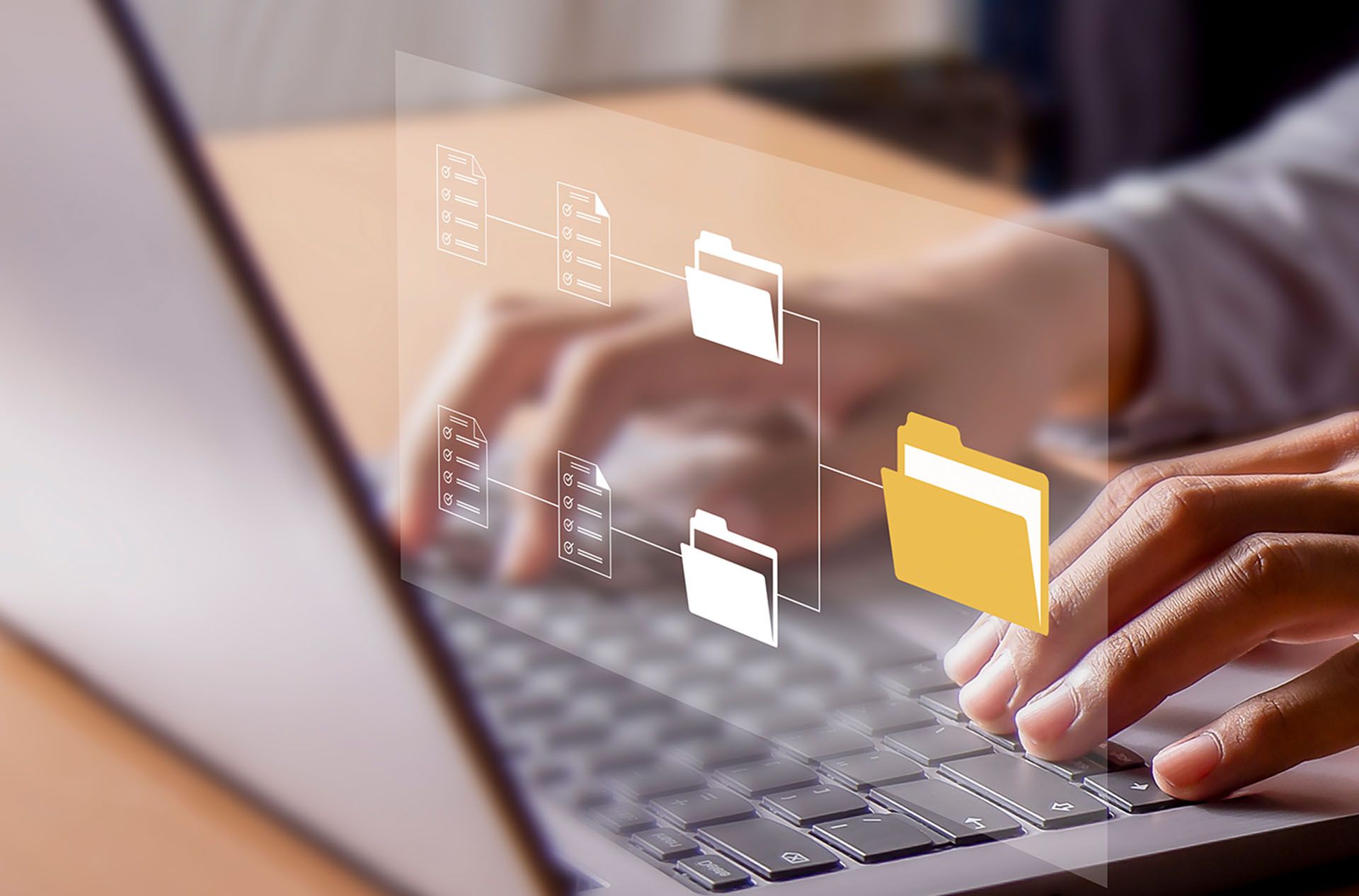
In today’s fast-paced, document-heavy world, effective document management is crucial for any organization,…
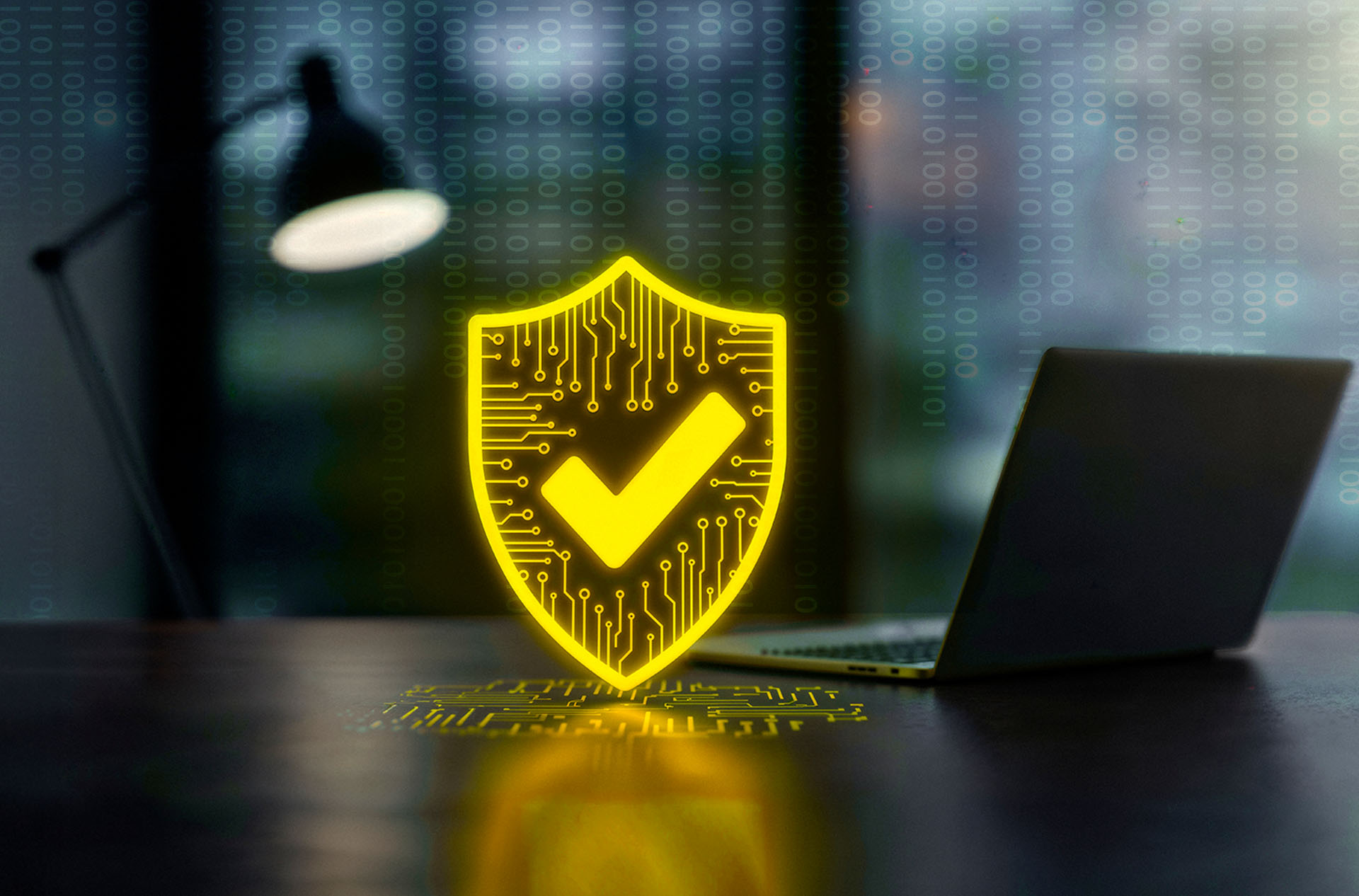
Data is one of the most important resources for any business in the modern digital era, particularly…
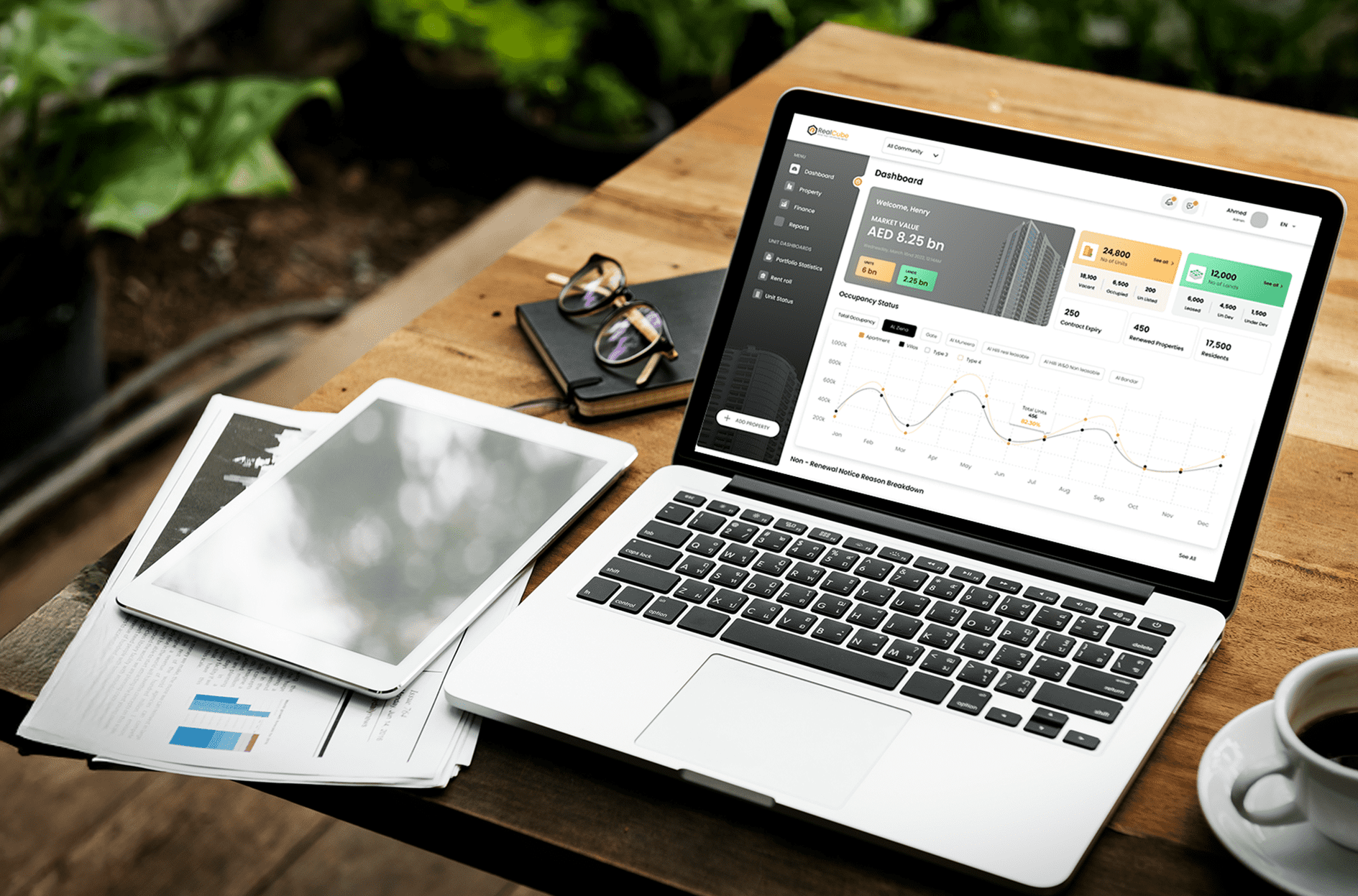
Property management solutions are now crucial for guaranteeing seamless operations in the real estate…

In the dynamic, fast-paced world of community management, keeping in touch with locals is essential.…


Apr 24,2024 11:01 am
ddrq6kuzwk%2527%2522`'"/ddrq6kuzwk/>

Oct 06,2020 7:24 pm
Awesome